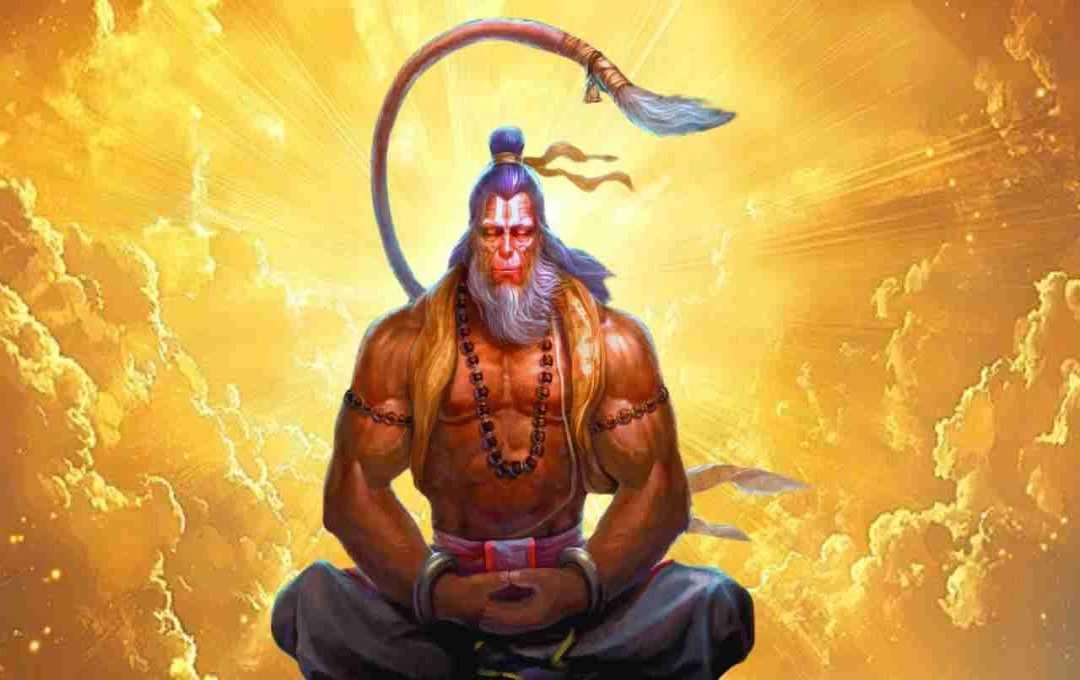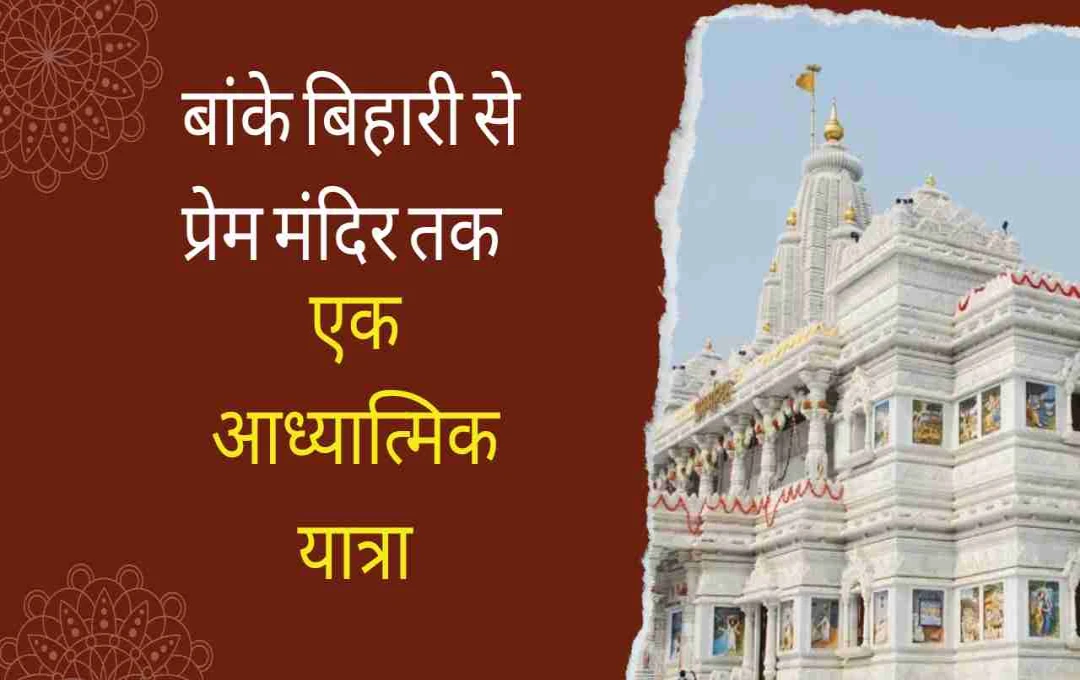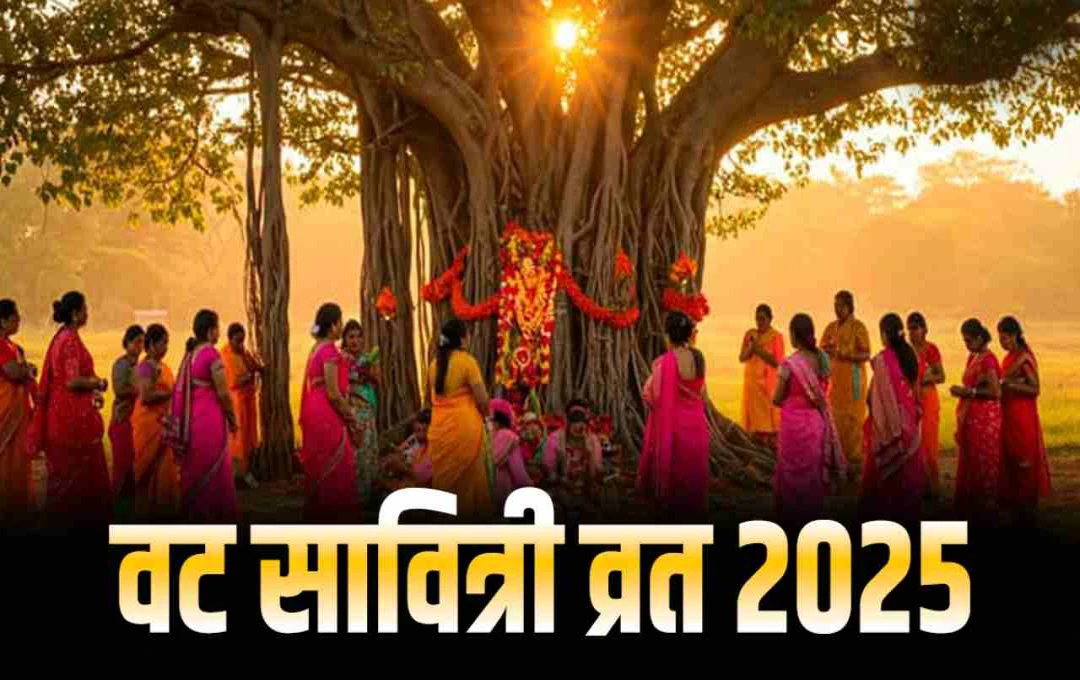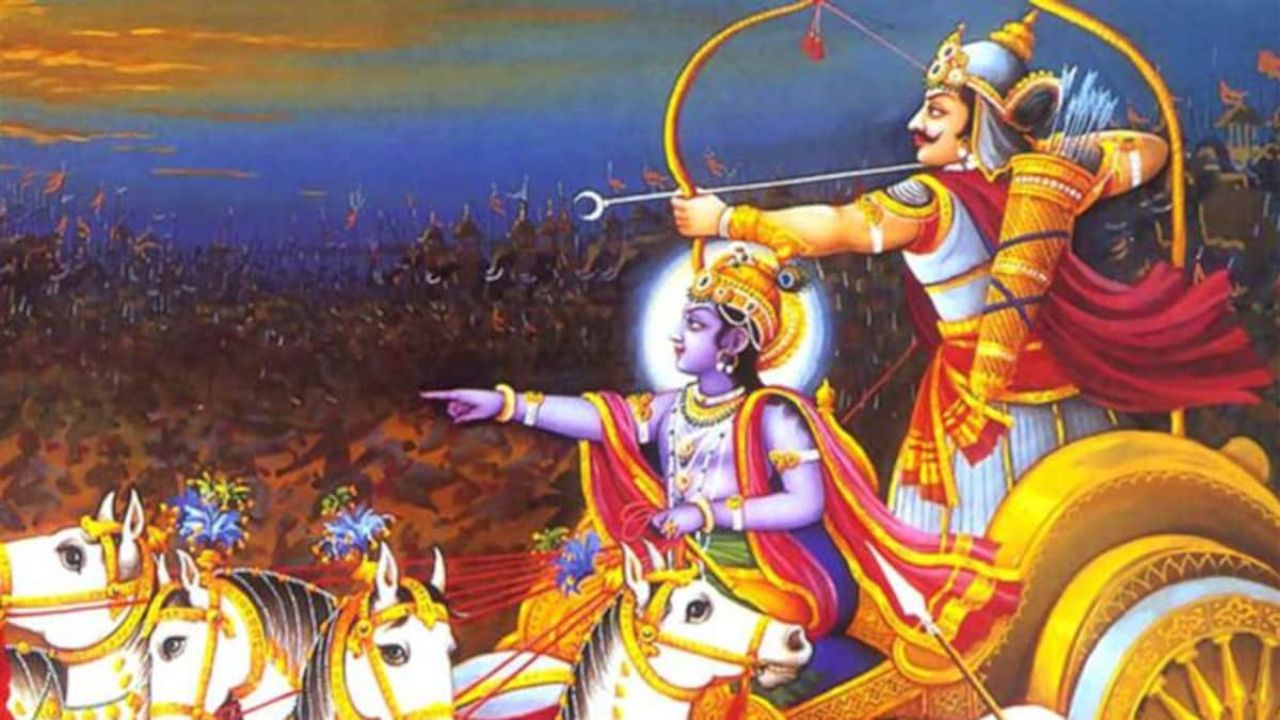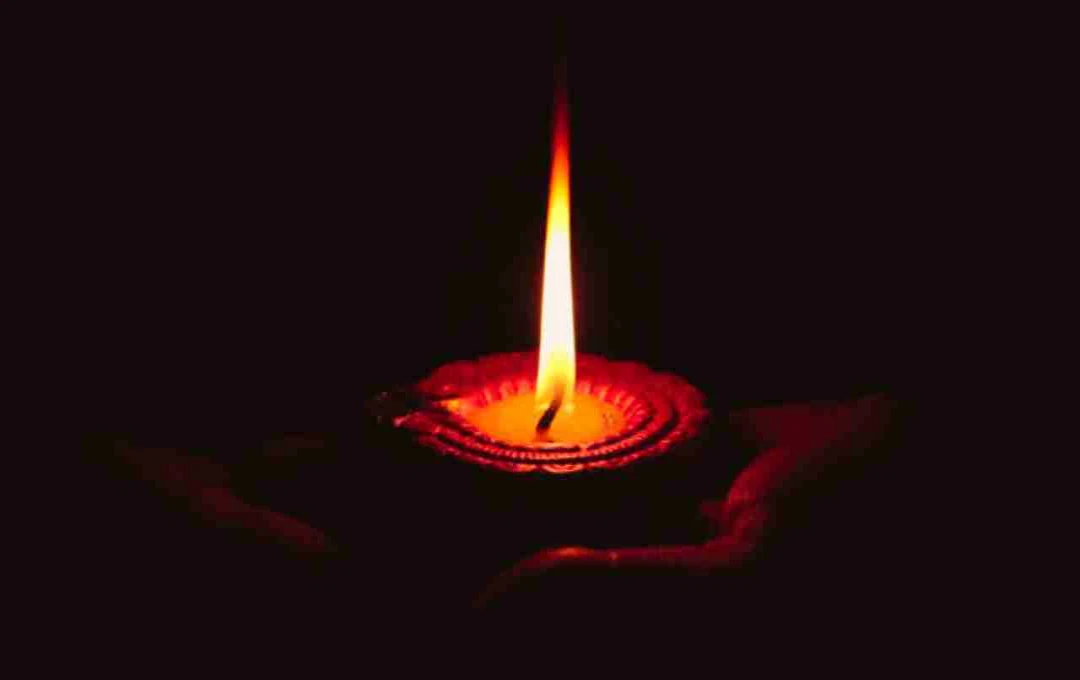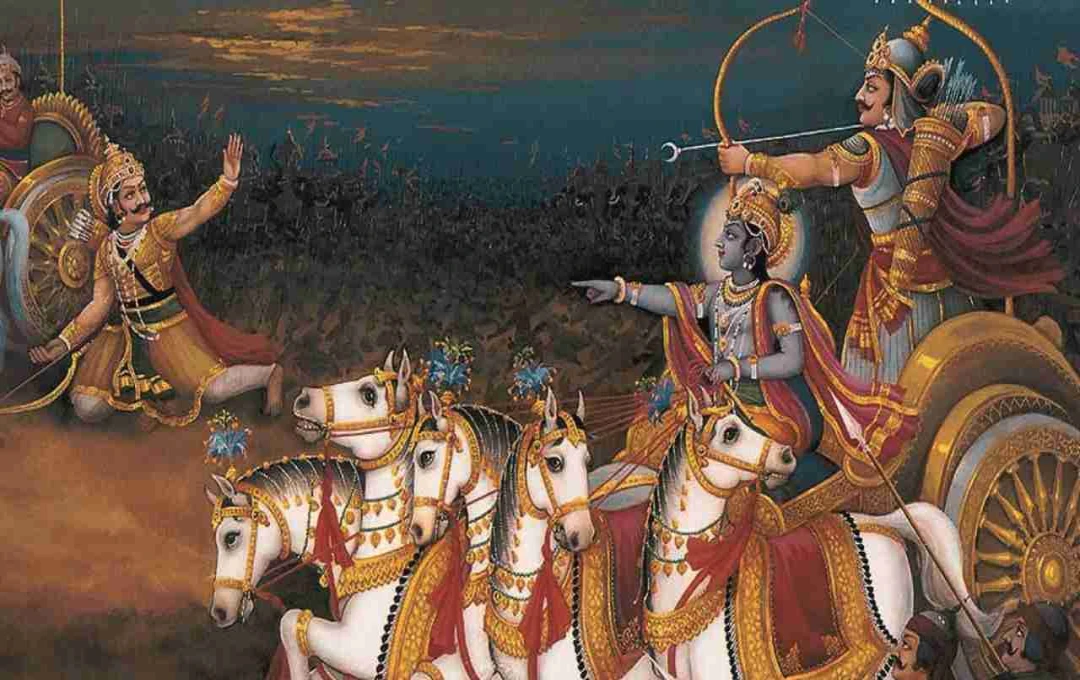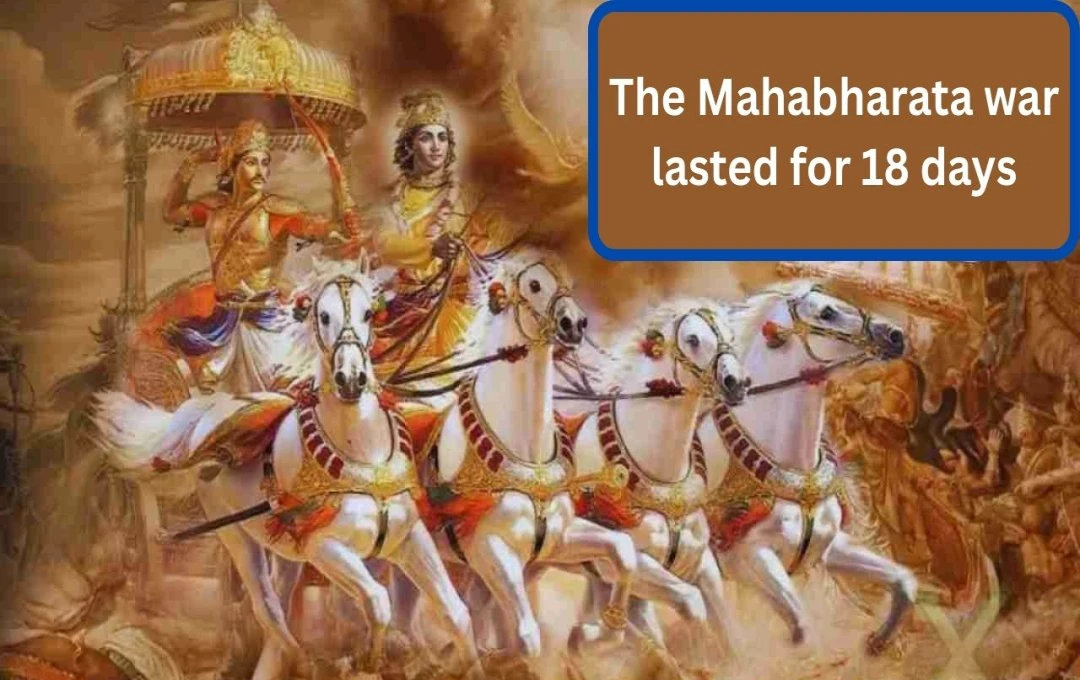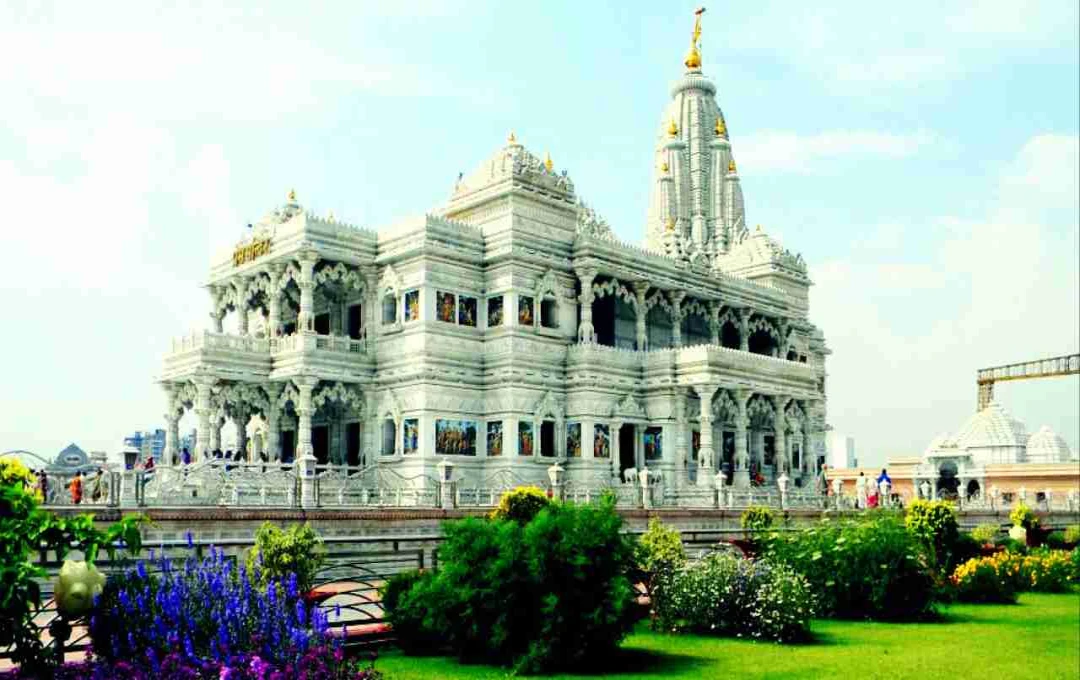Lord Hanuman, revered in Hinduism as Sankatmochan, Bajrangbali, and Maruti Nandan, embodies strength, devotion, and surrender. The more we learn about him, the more his glory and mysteries are revealed. Today, we will share ten lesser-known facts about Lord Hanuman that will deepen your faith and reverence.
Hanuman Ji is the Eleventh Avatar of Lord Shiva
Hanuman Ji is considered the eleventh avatar of Lord Shiva. According to Hindu beliefs, he is also called Rudravatar, representing Shiva's powerful and valiant form. It is said that Lord Shiva incarnated as Hanuman Ji to serve Lord Rama. Therefore, Hanuman Ji possesses Shiva's boundless energy and power, making him a symbol of immense strength, fearlessness, and devotion. His devotion and power are described in all religious scriptures.
Who was Hanuman Ji's Wife?
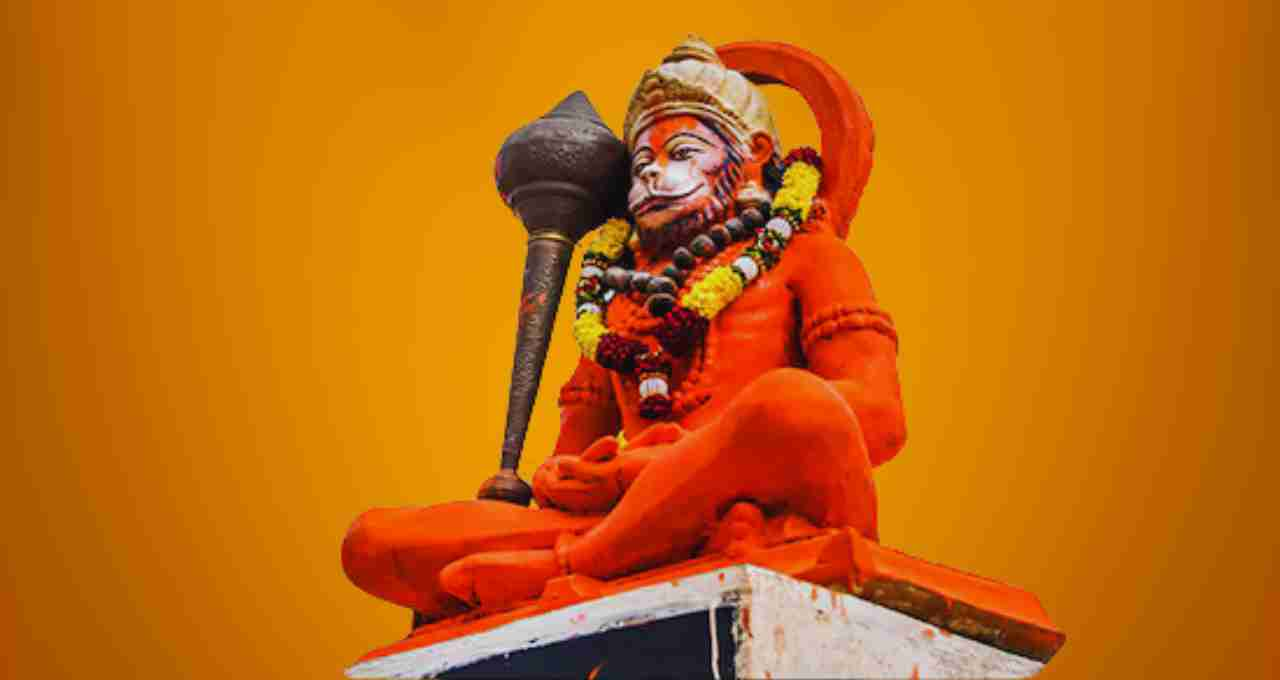
Few know that Hanuman Ji was married. Mythological accounts state that his wife was Suvarchala Devi, the daughter of Surya Dev (the Sun God). This divine marriage further enhanced his power and radiance. This union is considered a beautiful symbol of Lord Hanuman's energy and devotion, highlighting that he was not only a valiant warrior but also lived a significant life with his wife, further enriching his glory and divine nature.
Who were Hanuman Ji's Five Brothers?
Hanuman Ji had five brothers: Shrutiman, Gatimaan, Matimaan, Ketuman, and Dhritiman. Like Hanuman Ji, they were courageous, brilliant, and intelligent. Mythological narratives portray them as significant members of Hanuman Ji's family, possessing similar virtues. Their lives were filled with valor and righteousness, earning them the same respect and power as Hanuman Ji.
What was the Name of Hanuman Ji's Son?
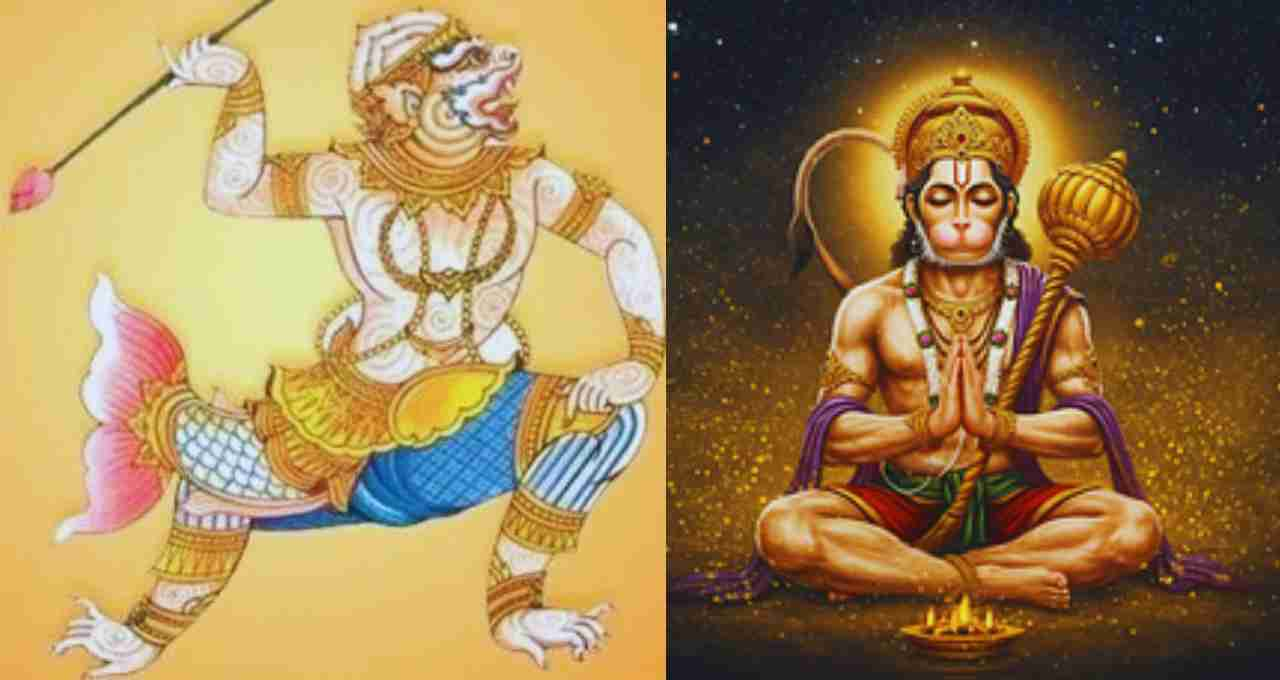
Hanuman Ji's son was named Makardhwaj. According to a specific narrative, Makardhwaj was born from Hanuman Ji's sweat during the arduous battles of Lanka. Makardhwaj, like his father, was a brave and powerful warrior, known for resolving crises and earning respect through his valor. His story further amplifies Hanuman Ji's greatness.
The Name and Significance of Hanuman Ji's Mace
Hanuman Ji's mace was called 'Kaumodaki,' gifted to him by Kubera, the god of wealth. It was not merely a weapon but a symbol of divine power. Kaumodaki's strength allowed Hanuman Ji to easily defeat even the mightiest enemies. This mace played a crucial role in his victories and the protection of his devotees, representing his power and courage.
Hanuman Ji Lifted Mount Govardhan on His Fingers
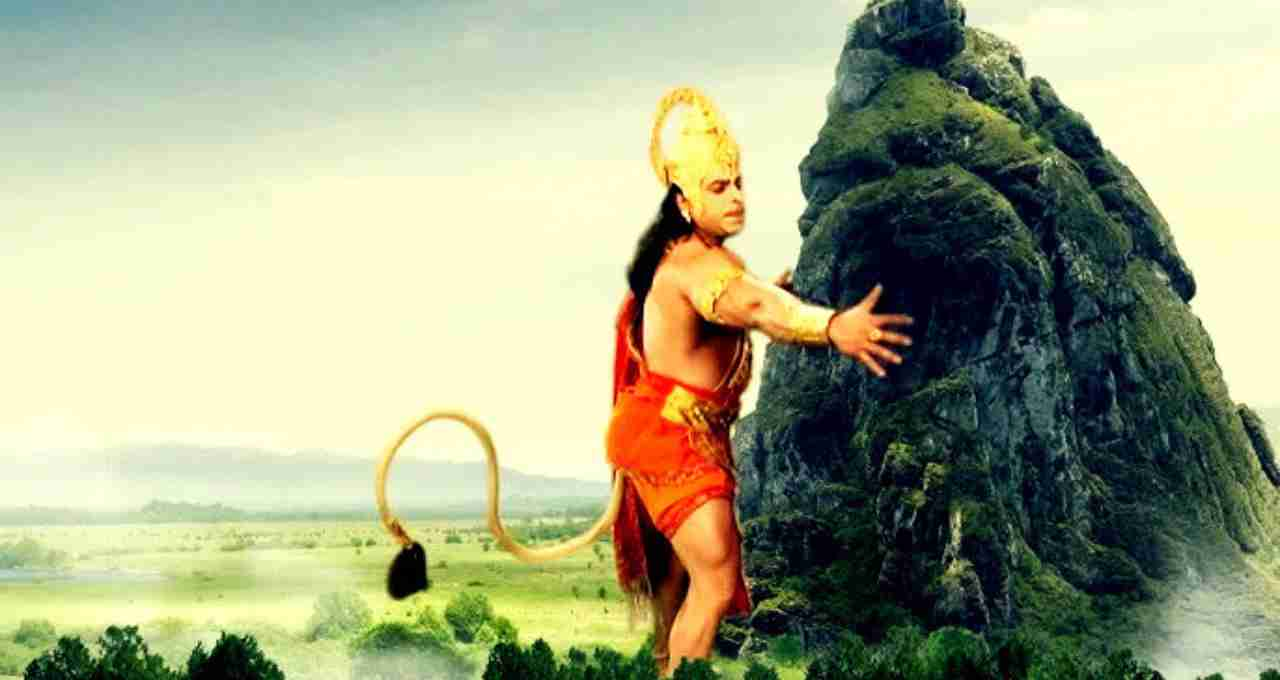 According to mythology, when Lord Krishna lifted Mount Govardhan to protect his devotees from floods, Hanuman Ji simultaneously lifted the massive mountain on his fingertips. This demonstrates his immense strength, courage, and endurance. His unparalleled power further elevates his divine status, teaching us that true faith and devotion can overcome the impossible.
According to mythology, when Lord Krishna lifted Mount Govardhan to protect his devotees from floods, Hanuman Ji simultaneously lifted the massive mountain on his fingertips. This demonstrates his immense strength, courage, and endurance. His unparalleled power further elevates his divine status, teaching us that true faith and devotion can overcome the impossible.
Understanding Hanuman Ji's Panchamukhi Form
Hanuman Ji's Panchamukhi (five-faced) form is considered exceptionally powerful and significant. Each face protects a different direction and symbolizes distinct powers. The first is Hanuman's own face, oriented east, representing bravery and strength. The second is Garuda's face, west-facing, protecting against evil. The third is Varaha's face, north-facing, symbolizing prosperity and security. The fourth is Narasimha's face, south-facing, destroying cruel enemies. The fifth is Hayagriva's face, skyward, representing knowledge and wisdom. This five-faced form showcases Hanuman Ji's diverse powers and divine nature, making him highly revered by devotees.
Where does Hanuman Ji reside in Kali Yuga?
Hanuman Ji, blessed with immortality, remains alive on Earth. It's believed he resides in the Gandhamadana mountain in Kali Yuga, a sacred and mysterious place north of Mount Kailash. This mountain is considered a center of Hanuman Ji's power and blessings, where he protects his devotees and fulfills their desires. Devotees consider this place sacred, seeking his grace through faith and devotion. His presence at Gandhamadana symbolizes his continued power and influence in Kali Yuga.
Hanuman Ji's Nine Treasures (Nidhis)
Hanuman Ji's nine treasures (Nidhis) represent his immense wealth and divinity. These are: Mahapada Nidhi, Padma Nidhi, Mukunda Nidhi, Nanda Nidhi, Makara Nidhi, Kachchhapa Nidhi, Shankha Nidhi, Kunda Nidhi, and Kharva Nidhi. Each treasure holds religious and spiritual significance, protecting devotees and bringing prosperity, abundance, and positive energy. These Nidhis are believed to free devotees from calamities and help them overcome challenges, holding a special place in his worship, showcasing his divine power and blessings.
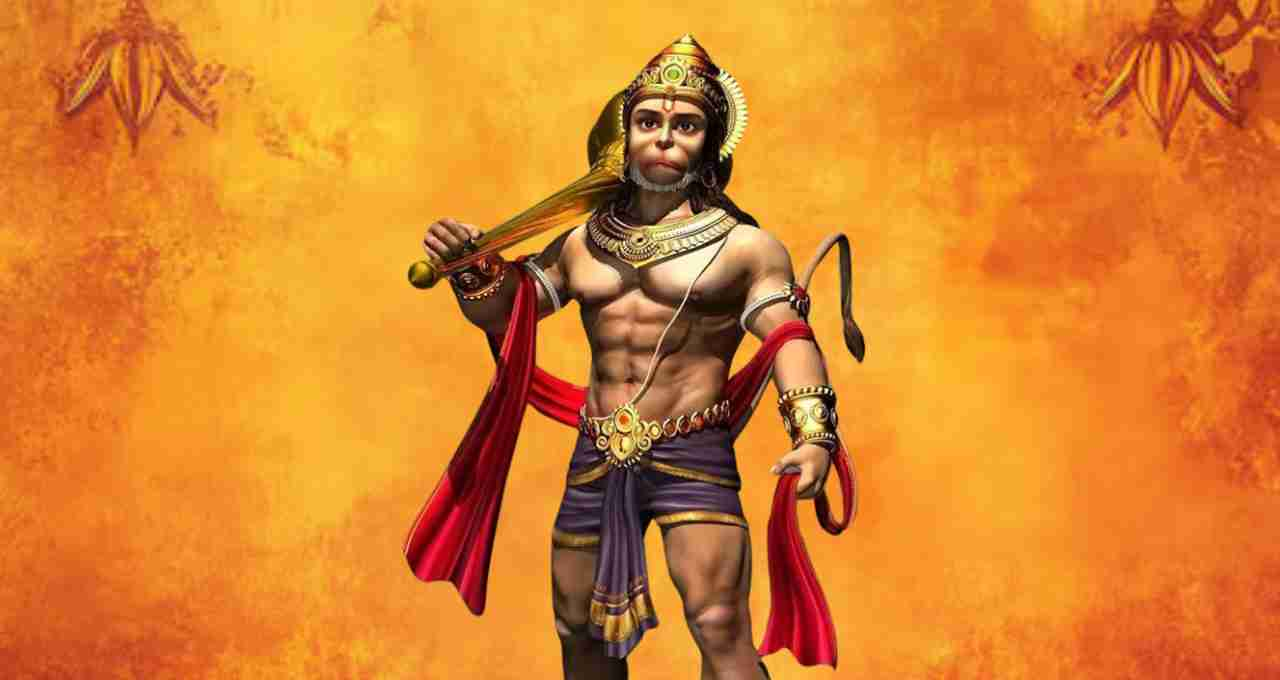
Hanuman Ji's Eight Siddhis
Hanuman Ji possesses eight extraordinary Siddhis (supernatural powers), reflecting his divine abilities. These are: Anima (becoming infinitesimally small), Mahima (becoming immensely large), Garima (immense heaviness), Laghima (extreme lightness), Prapti (attaining anything desired), Prakamya (fulfilling desires), Isitva (complete self-control), and Vashitva (controlling others). These Siddhis highlight his limitless power and greatness, enabling him to overcome any obstacle.
The Special Significance of Worshipping Hanuman Ji in Jyeshtha Month
Jyeshtha month is considered sacred in Hinduism. Tuesdays in this month are particularly auspicious. Worshipping Hanuman Ji on these days brings his grace and blessings, removing life's difficulties. The importance is heightened as it's believed to be the day of his first meeting with Lord Rama, making it special for devotees.
This day is also known as 'Budhwa Mangal' because the elderly form of Hanuman Ji is worshipped. Devotees express gratitude for his longevity, strength, and courage. 'Budhwa Mangal' worship brings stability, strength, and mental peace. Therefore, Hanuman devotees celebrate this Tuesday with great reverence and devotion.
Lord Hanuman is not just a mighty warrior; he is a savior, removing suffering and difficulties. Understanding his avatars, family, powers, and mysteries deepens our devotion. His worship and blessings bring energy, courage, and prosperity. Therefore, his special worship on Jyeshtha's Tuesday is considered extremely auspicious.
